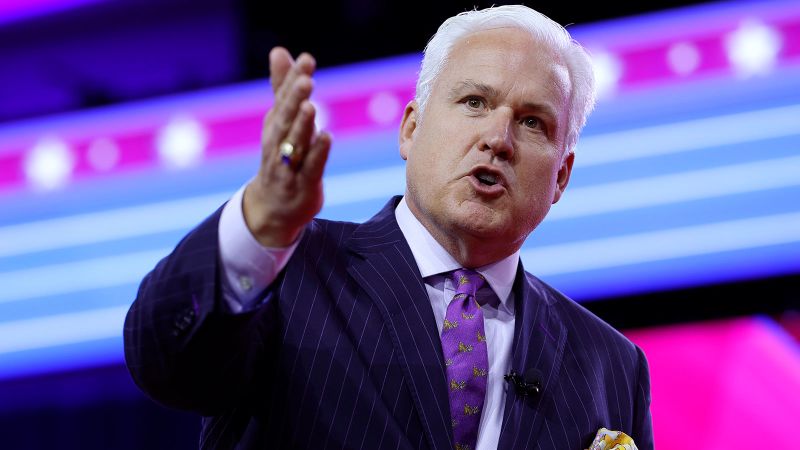The Republican operative who accused American Conservative Union chairman Matt Schlapp of sexual assault last year received a $480,000 financial settlement in exchange for dropping his lawsuit against Schlapp, according to multiple sources familiar with the case. Schlapp’s legal team did not comment on the financial settlement, but stated that Huffman dropped the lawsuit and Schlapp claimed he had been exonerated. Huffman also released a statement, part of their private agreement, saying that the claims made in his lawsuits were a result of a misunderstanding and he regretted causing pain to the Schlapp family. However, sources familiar with the allegations and legal proceedings confirmed that Huffman did receive a financial settlement via an insurance company.
When asked for comment, Huffman stated that they have resolved their differences, and his lawyer also declined to comment on the financial settlement terms. Schlapp initially shared the news of the lawsuit’s end on social media, but the tweet has since been deleted. The original lawsuit filed by Huffman asked for more than $9 million in damages. Schlapp, who runs the ACU and is known for CPAC, became a fierce loyalist to Donald Trump after initially butting heads. At the time of the alleged assault, Huffman was working for the Georgia GOP and Republican Herschel Walker’s Senate campaign, where he claimed that Schlapp made unwanted sexual advances, which led to the lawsuit.
The case was set to go to trial in early June, but by agreeing to the financial settlement, Schlapp and his lawyers avoided potentially damaging testimony becoming public. This included a deposition by Charlie Gerow, a former vice chair of CPAC and ACU board member, who had expressed concerns about Schlapp’s behavior in his resignation letter. The settlement also prevented testimony from witnesses who had previously accused Schlapp of sexual misconduct, as well as testimony from witnesses scheduled to be deposed in the case, including former officials from Walker’s campaign. Despite the settlement, some sources do not believe that it exonerates Schlapp.
During the lawsuit, Huffman’s own conduct came under scrutiny when it was revealed that he had been accused of sexual assault by two women in North Carolina. Huffman denied the allegations, and no criminal charges were filed. Inside the ACU, there were discussions about using Schlapp’s homeowners’ insurance policy to pay for a settlement, but Schlapp was initially resistant due to concerns about increased premiums. Ultimately, sources believed that Schlapp settled to avoid the testimony that would have come out in court, rather than as an exoneration. The source indicated that paying off the accuser does not equate to exoneration.


